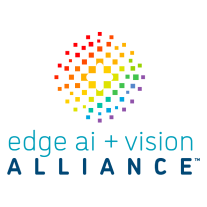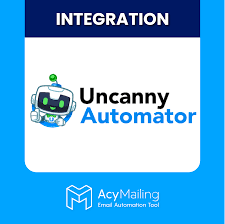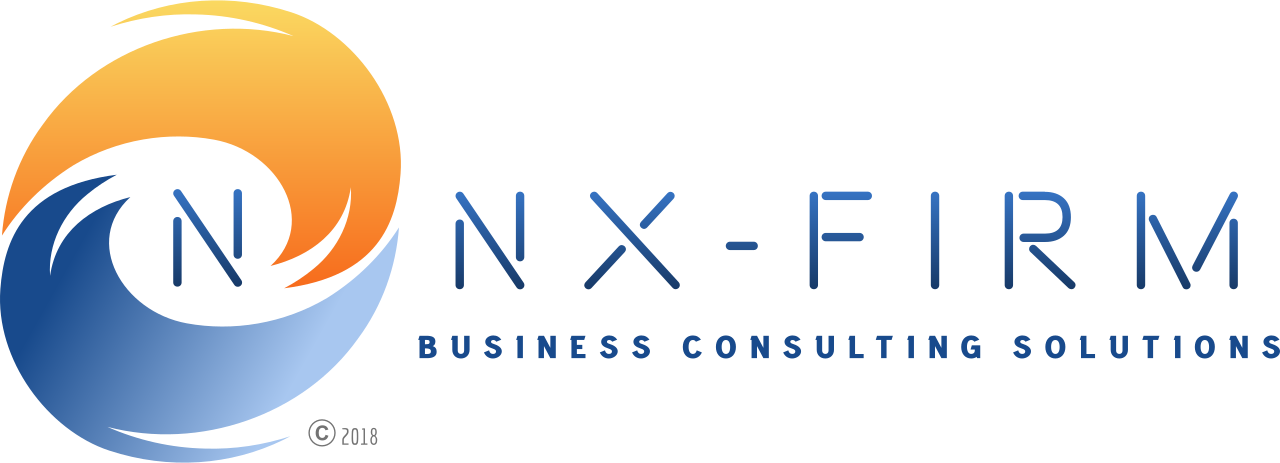Integrating AI into Business: A Roadmap to Success
Introduction
The era of Artificial Intelligence (AI) is not just approaching—it’s here. Businesses across the globe are recognizing the potential of AI to transform operations, enhance productivity, and drive innovation. However, integrating AI into business processes requires careful planning and execution. This article will guide you through the essential steps to successfully incorporate AI into your business.
Understanding AI
Before diving into integration, it’s crucial to understand what AI is and what it can do. AI refers to the simulation of human intelligence in machines that are programmed to think and learn like humans. This can include anything from simple automation to complex machine learning algorithms.
Benefits of AI Integration
-
Enhanced Efficiency: AI can automate repetitive tasks, allowing employees to focus on more strategic activities.
-
Data-Driven Decisions: AI can analyze large datasets quickly, providing insights that can inform better business decisions.
-
Improved Customer Experience: AI-powered chat-bots and personalized recommendations can enhance customer satisfaction.
-
Cost Savings: Automating processes can reduce operational costs and increase profitability.
Steps to Integrate AI into Your Business
1. Identify Opportunities
The first step is to identify where AI can add value to your business. This could be in areas such as customer service, supply chain management, marketing, or human resources. Conduct a thorough analysis of your business processes to pinpoint inefficiencies that AI could address.
2. Set Clear Objectives
Define what you want to achieve with AI. Are you looking to improve customer satisfaction, increase sales, or streamline operations? Setting clear objectives will help you measure the success of your AI integration.
3. Build a Skilled Team
AI integration requires a team with a diverse set of skills, including data scientists, software engineers, and domain experts. Invest in training and development to build a team capable of implementing and managing AI technologies, or alternatively partner with a qualified Next Generation Business Consultant.
4. Choose the Right Tools and Technologies
There are numerous AI tools and platforms available, each with its strengths and weaknesses. Choose the tools that align with your business objectives and technical capabilities. Popular AI platforms include TensorFlow, PyTorch, and Microsoft Azure AI. If you are unsure which tools best achieve the goals of your enterprise, seek the advice in advance to avoid useless applications and subscriptions costs.
5. Implement and Test
Start with a pilot project to test the feasibility of AI integration. This will allow you to identify potential challenges and make necessary adjustments before a full-scale implementation. Gather feedback from stakeholders and make data-driven decisions to refine your AI solutions.
6. Monitor and Optimize
AI integration is an ongoing process. Continuously monitor the performance of your AI systems and optimize them for better results. Use analytics to track key performance indicators (KPIs) and make adjustments as needed.
Challenges and Considerations
1. Ethical and Legal Issues
AI integration raises ethical and legal concerns, such as data privacy and algorithmic bias. Ensure your AI solutions comply with relevant regulations and prioritize ethical considerations in your implementation strategy.
2. Change Management
Implementing AI can disrupt existing workflows and require a cultural shift within the organization. Effective change management strategies are essential to ensure smooth adoption and minimize resistance from employees. Nx-Firm Business Consulting Solutions applies its “Human Centric” approach to AI, Automation, and Robotic enhancements to the labor force, ensuring priority is given to increasing productivity and reducing costs by utilizing technology to assist employees vs. replacement (Robotic Assisted Positions). Achieve goals without human collateral damage.
3. Scalability
As your business grows, your AI systems must be scalable to handle increased data and complexity. Plan for scalability from the outset to avoid future bottlenecks.
Conclusion
Integrating AI into your business is a strategic move that can drive significant value. By following these steps and addressing potential challenges, you can harness the power of AI to achieve your business goals and stay ahead of the competition. To have AI embedded tools, processes, or systems in itself does not guarantee the full benefits of AI is attained, to the contrary – more damage can be done than gain.
Implementing AI solutions requires careful assessment and planning to ensure success. A Next Generation Business Consulting company like Nx-Firm can make the process more expedient, with less costs, and minimize the potential for adverse outcomes that will not achieve your objectives. Free initial consultations are available




















